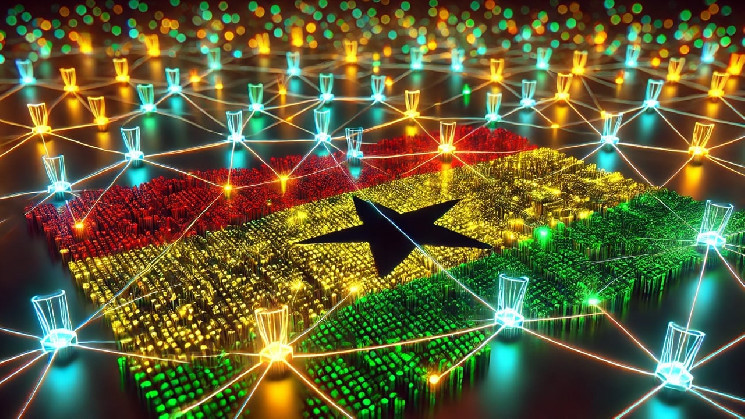Ghana and Singapore are working together to use blockchain technology to facilitate carbon credit trading.
Strengthening Ghana’s position as Africa’s carbon market leader
Ghana’s Environmental Protection Agency (EPA) has signed an agreement to add the country’s Ghana Carbon Registry (GCR) to a blockchain-based Internationally Transferred Mitigation Outcomes (ITMO) network. This follows an initial agreement between the two parties to operationalize digital trading and settlement of ITMOs.
ITMOs fall under Article 6.2 of the Paris Agreement and are a form of carbon credit used to drive climate action and contribute to global efforts to mitigate climate change. They can be transferred internationally and used to generate climate finance for climate mitigation and adaptation projects.
By operationalizing ITMOs, Ghana is strengthening its position as a leader in Africa’s carbon markets. At the same time, the agreement between GCR and Singapore’s ZERO13 will help the Southeast Asian country maintain its status as a global hub for carbon credit trading.
John Kingsley Krugu, Executive Director of the EPA, noted:
“With the work that the EPA and other agencies have done in Ghana, the country has demonstrated that it can be a pioneer in delivering Article 6.2-related ITMO activities under the Implementation Agreement with Singapore.”
As part of the scheme, Singapore companies can secure high-value carbon credits from Ghanaian projects, helping them meet their emissions reduction targets. Hirander Misra, CEO of Zero13, praised GCR’s partnership with his company, saying it demonstrates how technology can play a crucial role in advancing climate action.
This agreement between Singapore and Ghana sets a precedent for international cooperation on carbon markets and climate action.
Although praised for providing a promising mechanism for international climate cooperation, ITMOs have several disadvantages, including the risk of double counting, the lack of standardized methodologies, and market volatility and price uncertainty. To address these challenges, countries must agree on and implement robust international governance, transparent accounting, and rigorous verification processes.

